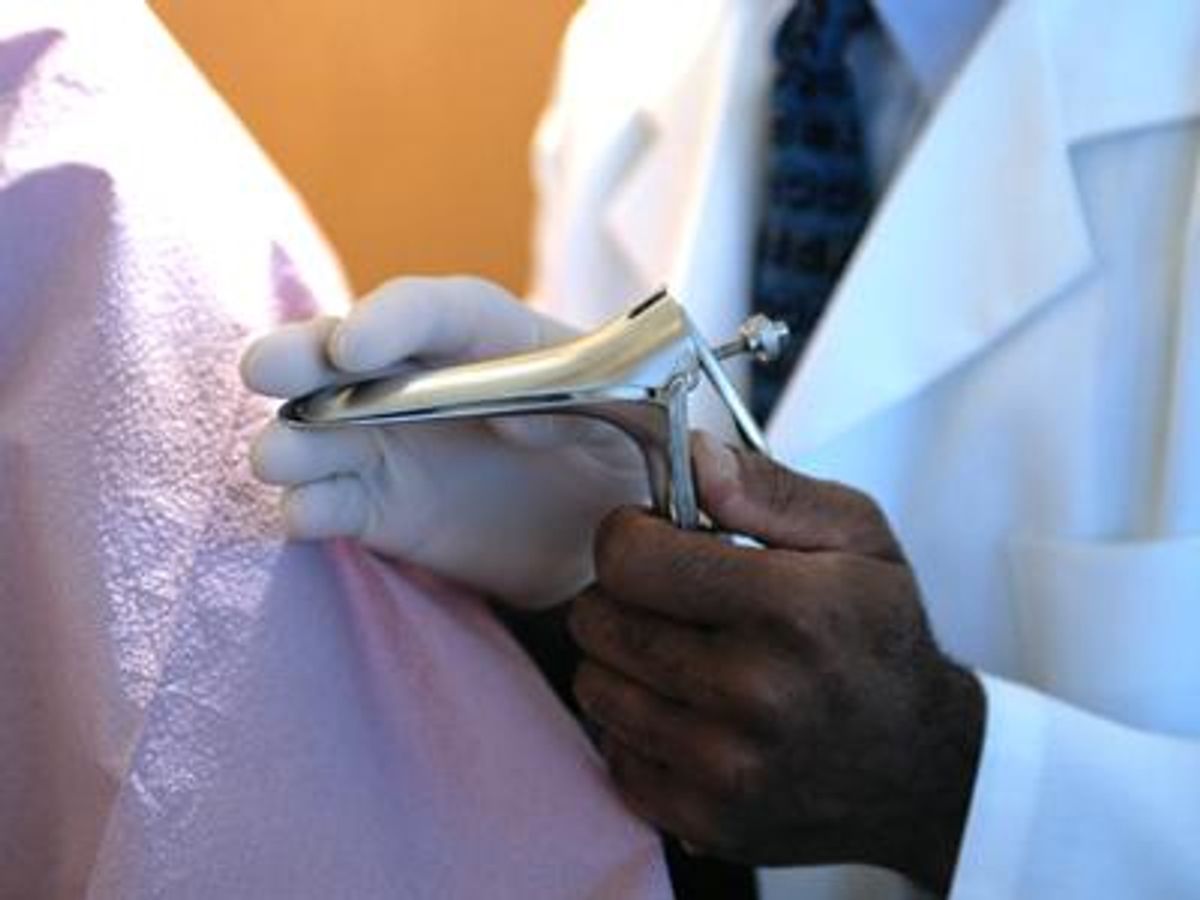
Lesbians can reduce their high prevalence of cervical cancer through prevention. So why are they shut out of reproductive health care?
January 30 2013 4:22 AM EST
May 26 2023 1:49 PM EST
By continuing to use our site, you agree to our Private Policy and Terms of Use.

So when a friend of mine, a lesbian-about-town everyone knows and loves, asked, "Can you help me with my Pap smear?" I joked that technically, no, that's above my pay grade. But I soon realized she really needed help.
I work for Planned Parenthood of Southern Finger Lakes' education department, where we've been bringing together activists in the LGBT liberation and reproductive justice movements to work toward the shared goal of equal rights for over 20 years. I also founded our LGBT Health and Wellness program, Out for Health, and I'm used to getting calls for referrals for everything from doctors to day care. Out for Health provides outreach, education, and information to LGBT people, their health care providers, and the community at large about the importance of inclusive, welcoming, and respectful care for LGBT people.
While I was a bit surprised by my friend's request for me to be her wingman for her Pap test, it was an easy yes. Honestly, though, when she first started telling me her story I got pissed off. This woman has a great job. She's generally amazing and politically astute and has her ducks in a row on everything from fracking to Proposition 8. Except she's 46 and she'd never had an annual exam, a Pap, any exam whatsoever that involved her genitals.
But as I listened, I realized that she was terrified. Embarrassed. She'd learned early to be suspicious of doctors; they never quite respected her queerness. She'd never been sexually active with men; she'd never sought a birth control pill prescription for contraception or as a means of managing some of the other boatload of crap that some people with a uterus can experience with menstrual cycles. Instead, she'd gotten the message so many queer women have gotten: lesbians don't need that kind of health care. Lesbian sex is safe sex -- no risk of sexually transmitted infections? And really, who wants to endure a litany of birth control questions that are too often and too aggressively paired with a women's health checkup anyway! So at 46, against that backdrop, she'd taken care of almost every other preventive medical intervention possible, but not the Pap test.
Looking back, it was one of those moments when, for me, the data and research about stigma and health disparities that queer people face came to life. I've been out for almost 20 years, I've read the Institute of Medicine Report, I'm a dues-paying member of the Gay and Lesbian Medical Association, I have Meyer and Northridge's The Health of Sexual Minorities on my desk, and damn it, I read queer health blogs! But here was a lesbian whose mother died of reproductive cancer, who has a history of painful and irregular periods, who just got left out, abandoned, and rendered invisible by a medical system that seems more comfortable with holding birth control hostage by requiring a Pap for pills than with peeling back the layers of paternalism, heterosexism, and health disparities to say, hey, yeah, you know what, it's just really smart and super important for us to take a look at your cervix every now and then.
In fact, January is Cervical Health Awareness Month, and I'm sharing this story because it's so important for anyone with a cervix to get regular screenings. Every year, approximately 12,000 women in the U.S. are diagnosed with cervical cancer, and about 4,000 American women die of the disease. But, if it is detected early, the five-year survival rate for cervical cancer is almost 100%.
Routine screenings for cervical cancer can detect precancerous conditions and allow health care providers to treat them before they progress. And vaccination against the human papillomavirus, which causes cervical cancer, can prevent the initial infection that leads to cancer. HPV can be passed by skin-to-skin contact. Planned Parenthood health centers provide 585,000 Pap tests and advanced testing and treatment for thousands of women with abnormal Paps and precancerous conditions.
I went with my friend to get her Pap test. The nurse and the practitioner were amazing, showing such compassion and expertise, I was so proud of Planned Parenthood. The results require a repeat Pap. I'll be there again, no question. And I will fight with more verve and spirit than I did before. Because lesbians matter, and cervical health matters regardless of sexual orientation or sexual behaviors. Seriously.
MAUREEN KELLY runs Out for Health, a Planned Parenthood program in New York State. For more on cervical health, Pap smears, and cancer prevention, check PlannedParenthood.org/CervicalCancer.